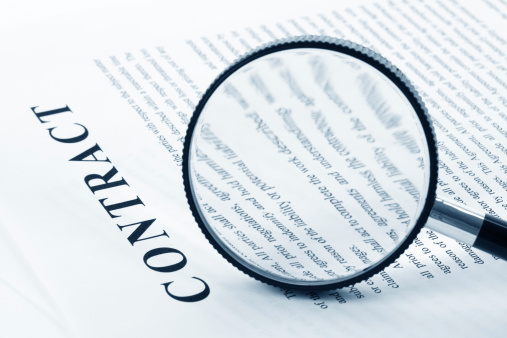By Todd Bryant
Starting your own company is a dream come true, yet a challenging task to realize. There is a myriad of administrative steps to take care of, and obtaining a surety bond is often one of them. Many businesses in the U.S. are required to get bonded, so that they can get a license and operate legally.
If you have never dealt with surety bonds, it can be a bit tricky to understand how they fit in the game. Their main purpose is to protect customers from any fraudulent practices that businesses might engage in.
In the same time, for companies, being bonded is a strong sign of trustworthiness. When your customers know you are backed by a surety bond, they can be sure that you are safe to do business with.
What exactly is a surety bond?
The most important thing that a small business owner needs to know about surety bonds is that they are not insurance for your company. Unlike insurance, the purpose of bonds is to protect the state and your customers.
In practice, a surety bond is a contract between your company (principal), the entity requiring the bond (obligee), and the surety that underwrites the bond. The bond provider guarantees in front of the obligee that your business will abide by its contractual obligations and will follow applicable laws.
What happens if your company transgresses from the rules set in the bond language? You can face a claim on the bond. If eventually the claim is proven, your surety will reimburse the claimant up to the bond amount. However, you are liable to repay it fully afterwards, which is the significant difference between surety bonds and insurance.
The most popular types of surety bonds
The most popular bonds for small businesses are license bonds. Auto dealers, freight brokers, mortgage brokers, construction contractors and a range of other professionals need to post such a bond during their licensing process. The authority that regulates these trades requires the bond in order to have an extra guarantee that businesses will abide by the set rules.
Another common type are construction bonds. They are required from contractors who want to participate in public and private projects. The most popular construction bonds include bid bonds, performance bonds and payment bonds. They safeguard the project owner from non-completion of the work, as well as subcontractors, suppliers and workers from non-payment for project work.
Another type, fidelity bonds, are also used by small businesses. Unlike the rest of the bonds, they serve as a protection for your company, similarly to insurance. If your employees handle other people’s property or finances, fidelity bonds protect your business from any unlawful actions on their side such as theft, embezzlement and dishonesty.
How much does getting bonded cost?
The biggest factor for determining the price of your surety bond is the bond amount that you are required to obtain. Naturally, you will need to pay more for a $50,000 surety bond than for a $5,000 one. The bond cost is a percentage of this bonding amount. It is called the bond premium.
How is it set? Well, when you apply for a bond with a surety bonds company, it examines your personal and business financials. The most important factor is your personal credit score, but your assets and liquidity, as well as professional experience, are also taken into consideration. Finally, the price also depends on your bonding agent and their ability to find the best rate for your particular circumstances.
Before you get started with your bonding, you can use this free surety bond cost calculator to get an estimate of your bonding costs. Keep in mind that your bond price can also change from year to year. This means that whenever renewing your bond, you can lower its cost by working on improving your finances over time.
Getting bonded is an important step for many budding new businesses. While it often is a legal requirement, in fact, bonds also provide backing for your company and demonstrate your business strength. With this overview, you can understand the basic concept and pricing behind bonding and get your business startup going.
Still have questions about surety bonds? Please share them in the comment section below.
Todd Bryant is the president and founder of Bryant Surety Bonds. He is a surety bonds expert with years of experience in helping business owners get bonded and start their business.







